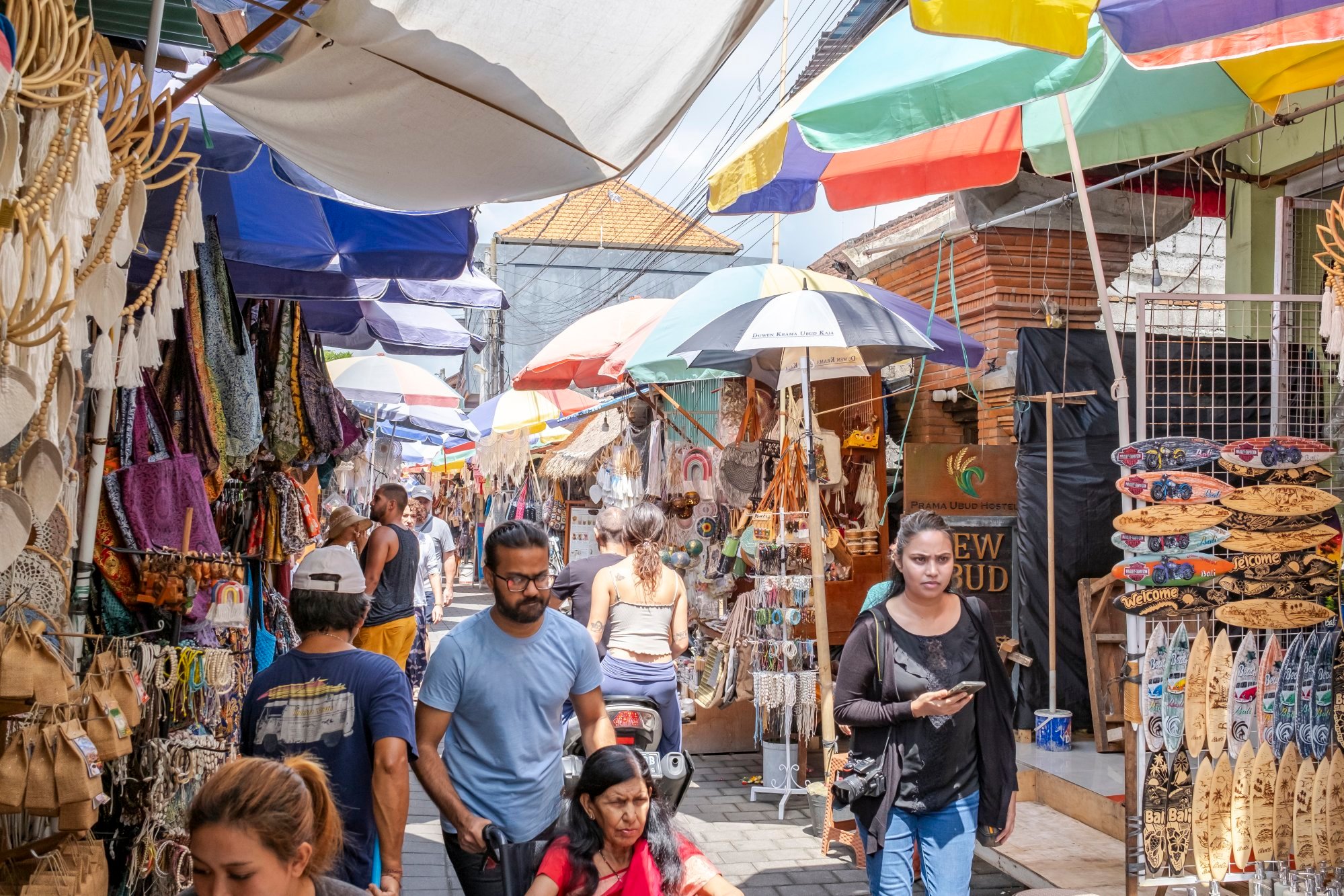Bali bets on wellness experiences and sustainable dining to spur tourism recovery
Wellness and new experiences may well be the island’s springboard to a strong rebound.
Why Southeast Asian nations make ‘concerted effort’ to court Indian tourists
Why Southeast Asian nations make ‘concerted effort’ to court Indian tourists
At Locavore, located on the island’s health epicentre of Ubud, customers are fed food foraged from the island’s jungles, coastlines and mountains.
Among its local produce are the daun kelor, a green leaf used in soups and salads, offerings to dangerous spirits, or as a traditional cure for high blood pressure, clovers that taste like citrus, the cemcem leaf, which tastes like green mango, and ground mustard.
“In Bali, foraging is just part of our lives,” says Kasida, who oversees supplies for his restaurant and like many Indonesians goes by one name.
Locavore is inspired by Denmark’s legendary three-Michelin-star Noma, which uses only hyperlocal ingredients and has won multiple awards as the world’s best restaurant.
Indonesia to send 100,000 workers to ageing Japan to ease labour shortage
Indonesia to send 100,000 workers to ageing Japan to ease labour shortage
The Balinese restaurant epitomises the new tourism-based businesses that leverage local resources and international appeal to attract tourists seeking wellness experiences.
The island itself wants a larger slice of the global market for wellness tourism, which was worth about US$650 billion in 2022, according to the Global Wellness Institute.
Last week, Ubud was hailed for its food by the United Nations World Tourism Organisation for making the town “a global hub of sustainable gastronomy tourism”.
It is already one of Southeast Asia’s top wellness and eco-tourism destinations where visitors can indulge in yoga classes, nature hikes, vegan restaurants and spa treatments.
“Festivals, spiritual education, seminars, yoga, cooking classes all help drive up [demand and] prices,” said Odeck Ariawan, a veteran of the tourism trade who is credited with establishing Ary’s Warung, Ubud’s first-ever fine dining establishment.
He said Bali’s food and wellness sectors have been growing in importance since Eat, Pray, Love – the 2010 Hollywood movie starring Julia Roberts – inspired a new generation of tourists to visit the island.
Young and well-heeled visitors
As demand increases for wellness experiences across Bali, Locavore is seeking to expand into the luxury end of the market.
On Christmas Eve, Locavore will open a new building designed to look like a plant-covered mountain with a roof garden, an underground mushroom room and a special fermenting chamber.
A project of this nature would not have been possible 10 years ago as evolving tourist tastes have made it viable, according to Koman Suteja, the owner of Locavore.

“It used to be that people came to Bali for the beaches, and Ubud for art and sightseeing,” he said. “People are now interested in spirituality and wellness … they are interested in new things including new sorts of food.”
Visitors are also younger – in their 20s and 30s – and willing to spend more on their experiences.
“Older [tourists such as] Singaporeans could sometimes be a bit picky,” said Eelke Plasmeijer, Locavore’s Dutch chef. “But the younger ones are more adventurous.”
As the wellness-related industry booms in Bali, more tourists have stayed on the island to set up related businesses, said Giotto Castiglioni, chief operating officer of winemaker Cantine Balita. Specialising in organic and natural wines made with Balinese grown grapes, Cantine Balita is owned by Agung Bagus Pratiksa Linggih, the scion of an influential local family.
“The land here is phenomenal,” says Giotto. “Our vineyards are close to the beach.”
Mount Marapi eruption: why were hikers allowed at ‘off-limits’ volcano?
Mount Marapi eruption: why were hikers allowed at ‘off-limits’ volcano?
Other players in the food and beverage industry have also learned to adapt to the local environment to create unique dining concepts.
Sara Scappin, a sales manager at Gioia Cheese, said her company produces Italian cheeses that factor in Balinese characteristics of its milk, climate, and even bacteria to give the produce a distinct “character”. Among them is a new type of cheese called Saporito, which is similar to the more familiar Parmesan.
Locavore’s Koman, who also owns the Komaneka chain of boutique hotels, said, “If tourists want wellness, where better to come than Bali? You have the nature, the beauty, and the traditions but also the infrastructure and expert staff.”


